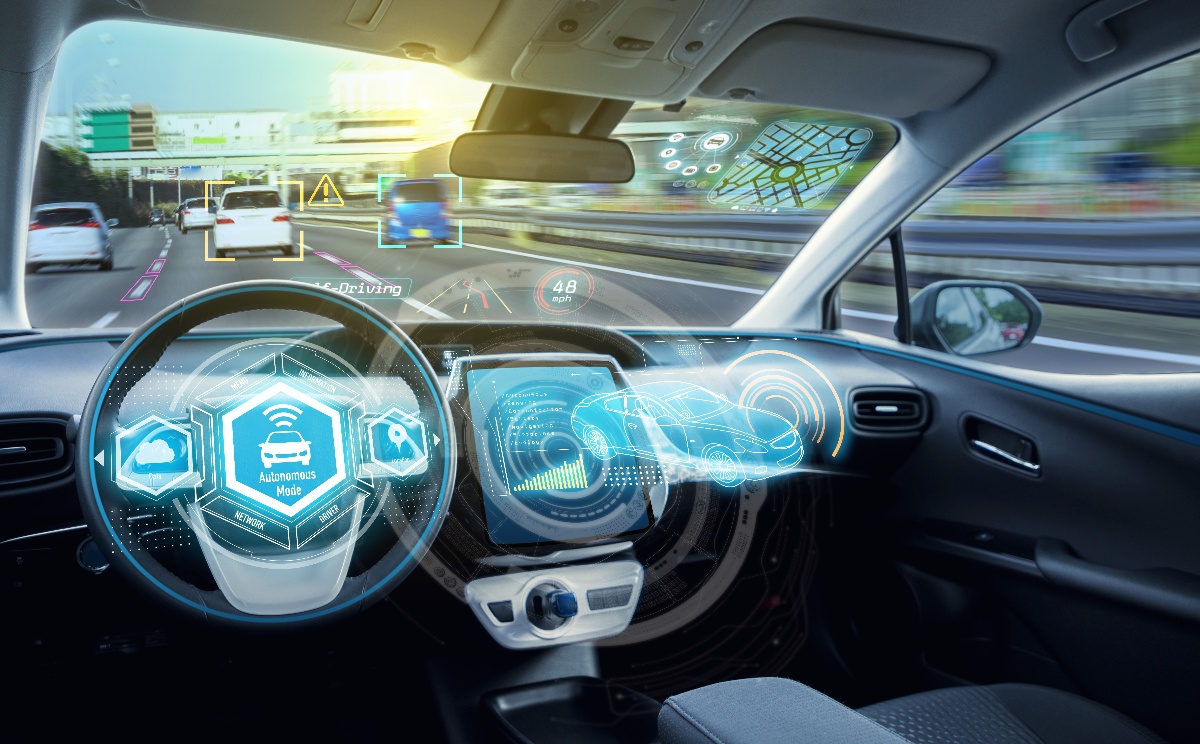
AI is increasingly gaining prominence as a potent transformation driver across all industries in today's technology-driven world, especially in the automotive sector. It now influences the manufacturing of vehicles and how people ultimately use their vehicles.
As a result of the increased adoption of AI in the automotive industry, the global automotive artificial intelligence market is expected to reach $7 billion by 2027.
Below are 4 excellent examples of how AI is set to transform the automotive industry.
1. Optimized Production
Vehicle manufacturers are always looking for ways to enhance the efficiency of their production. And artificial intelligence seems to do that just—an AI system can simplify the often sophisticated car manufacturing process and streamline supply chains.
The car manufacturing process entails the assembling of different vehicle parts sourced from different suppliers from across the world. Managing these orders while at the same time addressing market dependencies and working with limited skilled employees can pose a significant challenge to the manufacturing process.
Fortunately, AI technology can adequately address these challenges. It can help automate the car manufacturing process, thereby reducing the chances of failure or production problems. For instance, AI-controlled robots can collaborate with people in handling processes like packaging materials, moving products, and conducting tests. In doing so, AI helps ensure leaner supply chains, fewer quality issues, reduced equipment failure, and ultimately efficient production.
2. Better Autonomous Vehicles
AI has taken the automotive industry by storm to drive the manufacturing of autonomous cars. By combining AI, ML (machine learning), and deep learning, car manufacturers can now develop efficient autonomous cars that drive themselves. These technologies provide these vehicles with cognitive functions, sensory functions, and executive capabilities that humans use to drive vehicles—autonomous vehicles can detect objects on the road, maneuver through traffic without human intervention, and get to their destination safely.
Autonomous vehicles will not only cut labor input costs in organizations that heavily rely on vehicles but will likely improve road safety and lower carbon emissions.
3. Driver Monitoring
While driving may seem easy, those behind the wheel often get overwhelmed with fatigue and can lose concentration or even doze off. AI can help with intelligent driver monitoring—it can check the driver's facial expression, eye movement, and general body language and take immediate precautionary measures to help prevent accidents.
For instance, if the driver seems drowsy, an intelligent driver monitoring solution can turn up the air conditioning to help the driver stay alert. Similarly, if the driver is anxious at an unfamiliar location, the system can suggest an alternative route.
Other things that such a system can do include:
- Checking the driver's speed alert and alerting them whenever they are driving beyond the speed limit
- Alerting the driver to take control in case of an emergency
- Improving driver experience
4. Timely Predictive Maintenance
Drivers may not be aware that their vehicle is malfunctioning until they hear a strange noise or when it stops functioning. By leveraging AI and ML, such issues may be predicted early, and drivers alerted to the issues in good time, averting costly damages and preventing safety risks.
With predictive maintenance manufacturers also no longer have to grapple with vehicle recall issues that cause downtime and negatively impact their reputation. AI is capable of catching anomalies that may evade quality check processes.
Wrapping Up
The adoption of AI in the automotive industry has truly transformed it—it has made vehicle manufacturing more streamlined, supply chains more efficient, and made the driving experience safer and more comfortable. But while the current implementation of AI in the industry has brought tremendous results, we have barely scratched the surface of what AI can make possible. As car manufacturers discover other ways of leveraging AI, we will see the emergence of new features in vehicles that will improve the driving experience and increase road safety.
Contact Wilmar to learn more about artificial intelligence in cars. We offer fleet management and leasing solutions in case you are in need.








